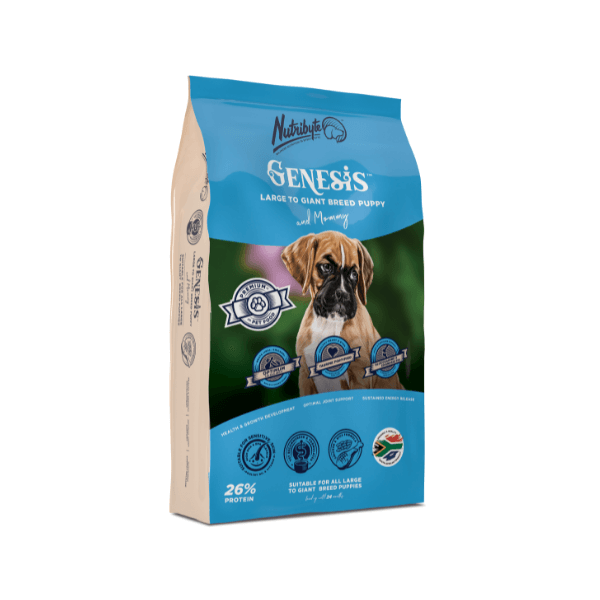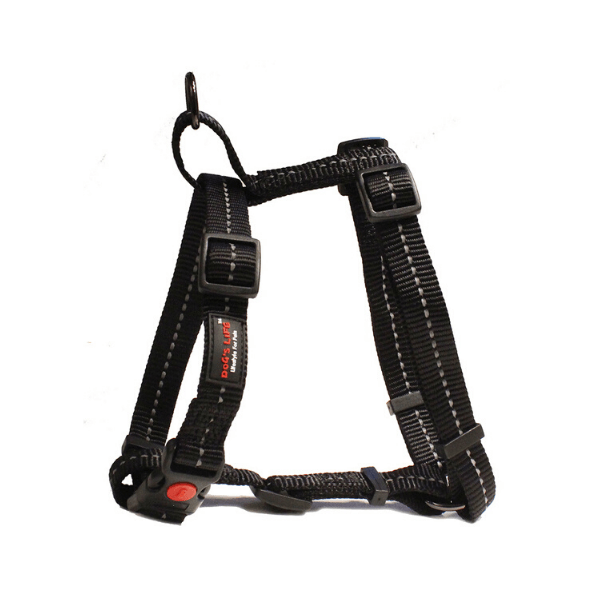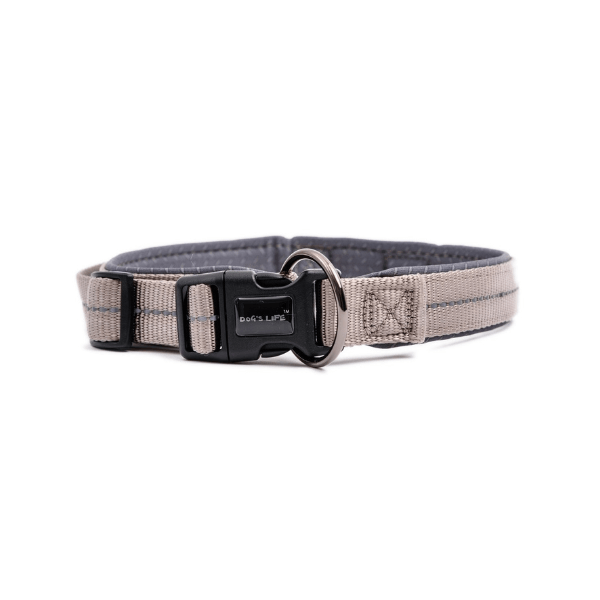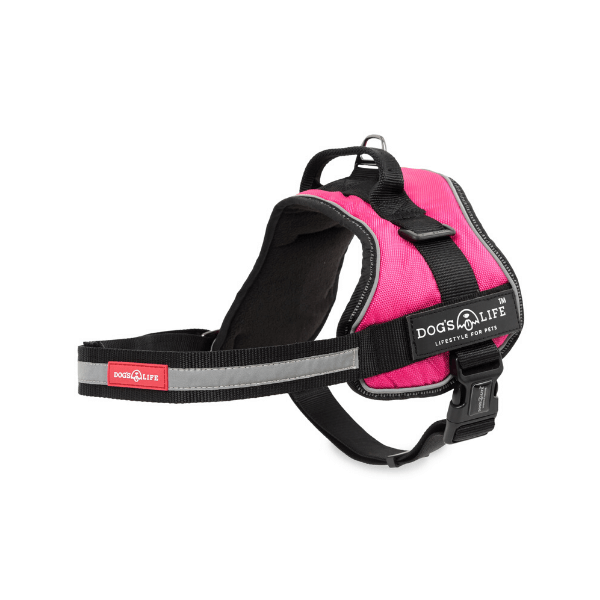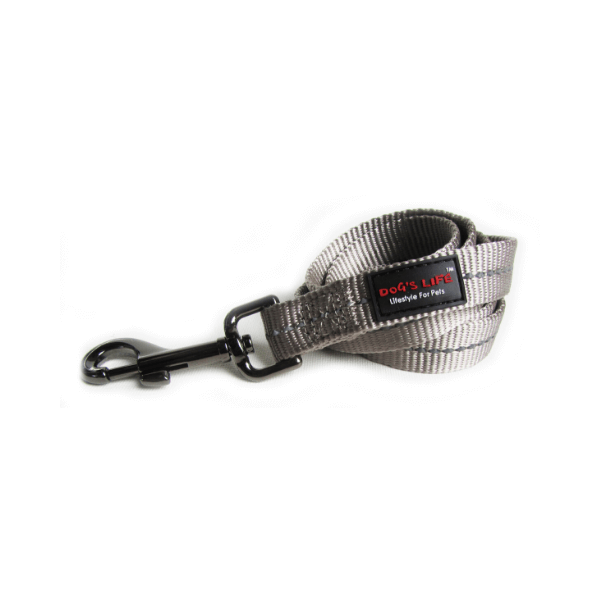Checking Your Pet’s Pain Score
Monitoring your pet’s pain score is an extremely important part of being a responsible pet owner. Knowing whether your dog or cat is in pain can drastically change the way they live their daily lives for the better.
Pets are masters at hiding pain and illness, so being prepared and on top of their pain management is just one more thing you can do to keep them happy, healthy and comfortable.
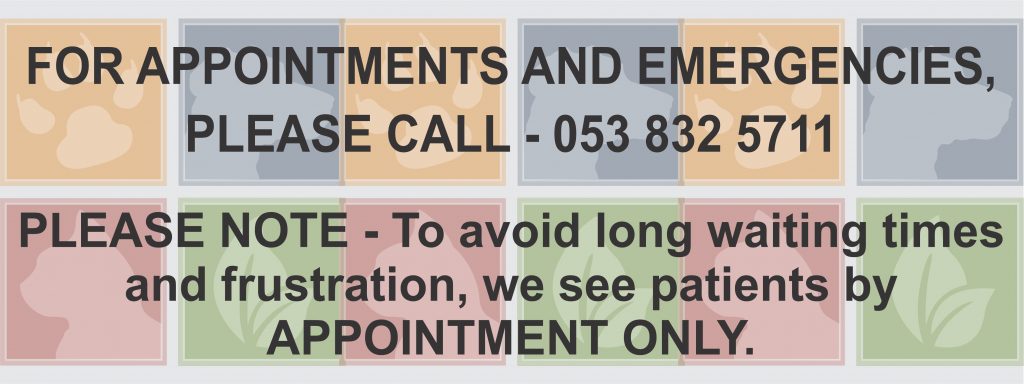
Below are pain score sheets adapted from the Glasgow Pain Scale for Dogs and Cats. This is a handy way of keeping track of your pet’s comfort level at home and our vets may even ask you to complete this form from time to time for clinical purposes.
If you are worried that your dog or cat is in pain, feel free to download the right form below, complete it in your own time and email it back to one of the email addresses listed below, prior to your pet’s appointment with their doctor.
Dog’s Pain Score
Cat’s Pain Score
- Kindly send us your filled Dog/Cat Glasgow Pain Score Form to:
- receptiona@kimvet.co.za
- receptionb@kimvet.co.za
- accounts@kimvet.co.za
Our consultation hours are as follows:
Mondays to Fridays:
08:00 – 12:00 and 15:00 – 18:00.
Saturdays:
08:00 – 12:00
On Sundays and public holidays our practice is closed.
What You Need to Know About Your Appointment
A list of your pet's medicines
It’s important to bring a list of all the medicines (prescription or herbal) that your pet is receiving. Especially if it is the first time visiting us or during an emergency. The Dr. needs to know what medication your pet is using, to ensure they can give your pet the best medical care.
Pet Medical History
Your pet’s medical history also plays an important role. Previous conditions may have an impact on a current condition. Having the history on hand, may assist the Dr. with their diagnosis.
Your Pet's Pain Score
Knowing your pet’s pain score is very important. This will help during painful conditions, to determine the pain that they are experiencing at the moment.
Read More About Vaccinations
Read More About Nutrition
Evaluation and Treatment Plans
During the consultation, Dr. will evaluate your pet. Should a treatment plan be necessary, the Dr. will discuss it with you. This could include blood tests, medicines or prescription diet food.
Routine Checkups
Your pet should visit the vet at least once a year for a routine checkup and their vaccinations. A routine checkup is very important, as diseased may be diagnosed earlier, and not when they get really sick. Senior pets should visit the vet twice a year.
Make an online appointment today!
Fill in this form to request an appointment. Reception will contact you to confirm the time and date.
Or call — 053 832 5711



